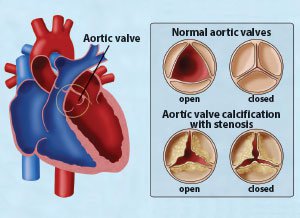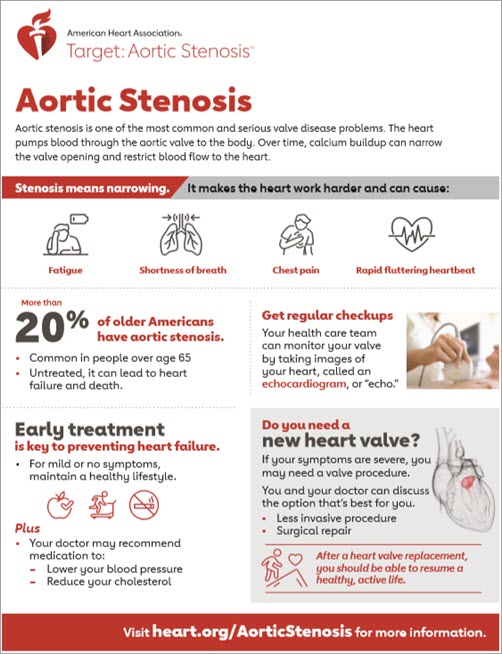
When you hear the word "artery stenosis" do you immediately think of a heart attack? When a heart attack is not far behind it can have serious consequences, and when this is an artery stenosis you are already in trouble.
When the walls of the aortic valve begin to weaken and enlarge, it causes the valve to fail.
If this happens, you will experience heart failure and you may not survive
There is no cure for stenosis, but there are treatments that can improve the function of your aortic valve and lower your risk for developing heart problems. Once the condition is diagnosed, you can start on the treatment plan. These treatments include lifestyle changes and exercise.
The first of these lifestyle changes includes increasing your physical activity and decreasing the amount of alcohol you consume. You should also make sure that you are getting at least seven hours of sleep each night. Your doctor can advise you on a good exercise routine.
A healthy diet high in fruits and vegetables is also important in this area of treatment. Drinking plenty of fluids is another aspect you should focus on. You may even want to take supplements to help you maintain a healthy weight. If you are overweight, you should take an extra step to lose weight.
Exercise is also important. When you play sports, you get a double benefit. First, exercise improves blood flow to the muscles. It helps to increase the flow of oxygen to the heart and reduce the swelling of the heart muscle.

Further, exercise for the cardiovascular system also helps to strengthen the heart muscle
The stronger the heart muscle, the less likely it is to rupture. With this type of treatment, you will lower your risk of heart failure because your body is better able to maintain healthy heart muscle. It also helps prevent stroke in those who already have the condition.
You may have heard the term "heart failure" when referring to arterial stenosis. However, by following recommended treatments and following proper diet and exercise, you can significantly improve your chances of a long, healthy life.
Treatment options will depend on the severity of the condition. Your doctor may recommend a variety of procedures such as surgery. He or she may prescribe medications to reduce the pain. You may also be put on a diet plan to help improve the health of your heart muscle.
When you get surgery, your surgeon will close off the blood vessels in the area where the heart muscle is located. The arteries and the heart muscle may become scarred from the procedure. This causes pain and other symptoms. Some people who have this surgery experience long term side effects from the surgery.
Surgery may be a viable option if you have mild stenosis. If you have moderate stenosis or severe stenosis, surgery may be the only solution.
When you undergo a surgical procedure for this condition, you will also need to take certain medication for the next three months. It is very important that you stay on a heart attack prevention or secondary prevention regimen for the entire time. By doing so, you will decrease the chance that the procedure will lead to heart failure.
In most cases, you will need to watch your cholesterol level closely during this time as well. You may need to check your cholesterol level daily to make sure that it is within normal ranges.
